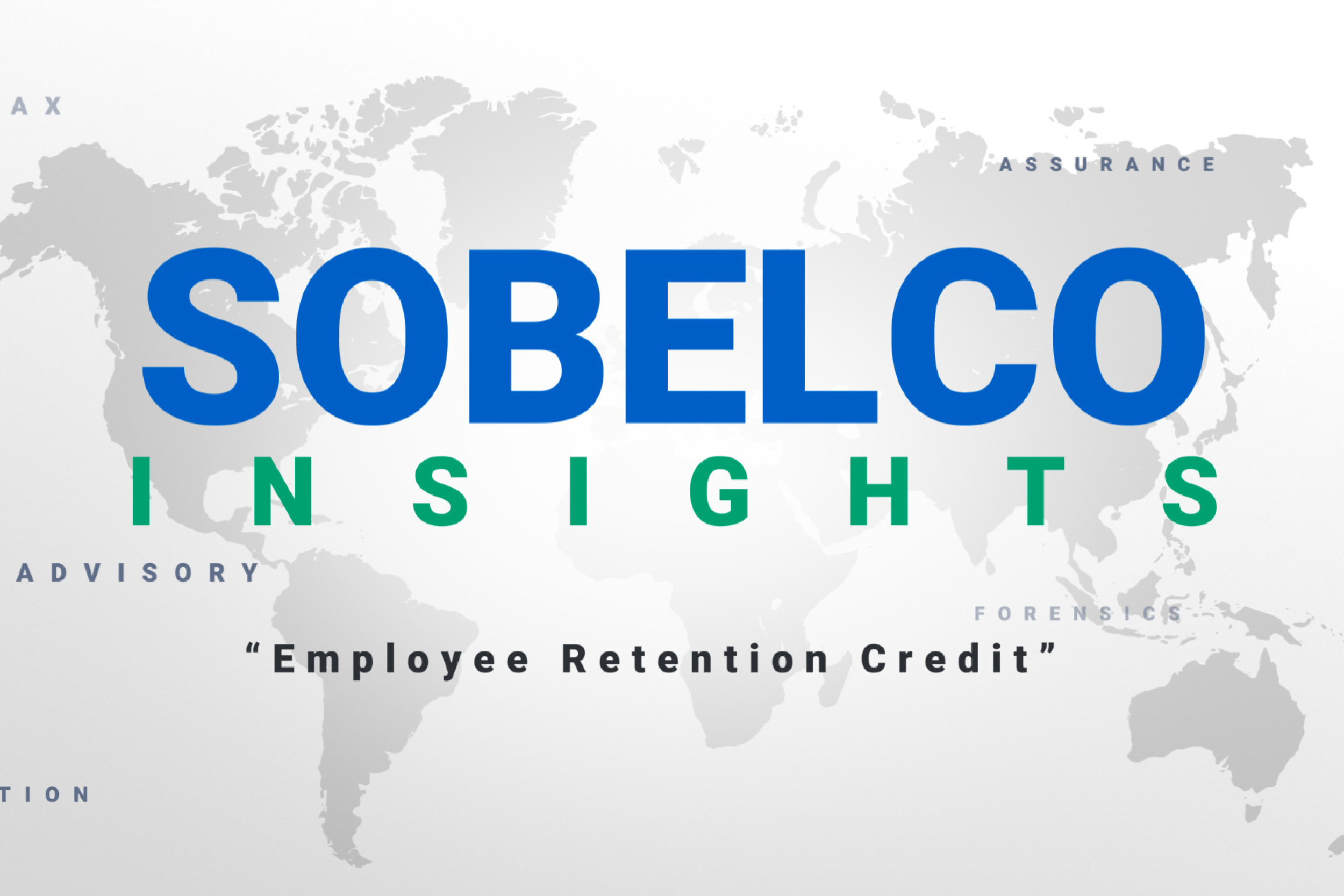
The War Revenue Act of 1917 first allowed taxpayers to deduct charitable contributions from their taxable income as a way to encourage philanthropy and help nonprofit organizations survive World War I, as taxpayers were also burdened with increased income taxes to fund the war. This deduction continues to this day, while it has been limited to an extent over the years, the benefits can be significant to taxpayers. And while cash contributions to a charitable organization is the most often used form of “giving,” an often-overlooked method is contributing food products to organizations in need.
Some basic facts
Corporations reporting on an accrual basis are allowed to take a deduction for accrued charitable contributions as long as it was approved by a board of directors and paid by the 15th of the fourth month following the close of the tax year (April 15th for calendar year taxpayers). While only C Corporations can take a deduction of nonfood inventory items, any type of entity is allowed a deduction for donated food inventory. The donated food must be “wholesome”, and the fair market value (“FMV”) must be determined without any regard of the taxpayers’ internal standards or marketing efforts and can’t be produced solely for the purposes of being donated to a charitable entity.
The deduction for an accrual basis taxpayer is based on FMV of the donated food, reduced by one half of the gross profit that would have been realized had the inventory been sold outright to a consumer. A cash basis taxpayer not required to maintain inventory would base the deduction on 50% of the FMV of the donated food. The donation is also limited to a percentage of taxable income.
The original limitation was 15%, however the Coronavirus Air, Relief, and Economic Security Act (“CARES Act”) increased this limitation to 25% for 2019 & 2020. The limitation is scheduled to return to the pre-CARES limit of 15% for 2021. Any unused contribution can be carried forward for 5 years. Taxpayers are also required to maintain documentation to support the FMV of the donated food and its basis, or cost, of the food inventory.
Example: ABC Produce gross produce on its farms which it distributes to various supermarkets. Weekly unsold produce is donated to local food banks where it is given out to the needy. ABC determines the fair market value based on its retail value. Since ABC is a cash basis taxpayer and does not maintain any inventory value on its books, it may take a charitable donation deduction equal to 50% of the fair market value, limited to 15% of its taxable income. Any excess charitable deduction can be carried over for the next five years.
A C Corporation may take the charitable deduction directly on its Form 1120.
However, S Corporations and Partnerships may not take the deduction directly against its ordinary income on Forms 1120S or 1065. Instead, the deduction is passed through to the shareholders/partners where it is reported on their individual Form 1040. The income limitation is calculated on an individual level based on their allocated amount of the entity’s taxable income.
If you donate food inventory and have any questions, or haven’t been donating and believe you may be able to take this deduction please reach out to Chris Martin, CPA , Member of the Firm, or Scott Cost, CPA, MST and they can assist you.


